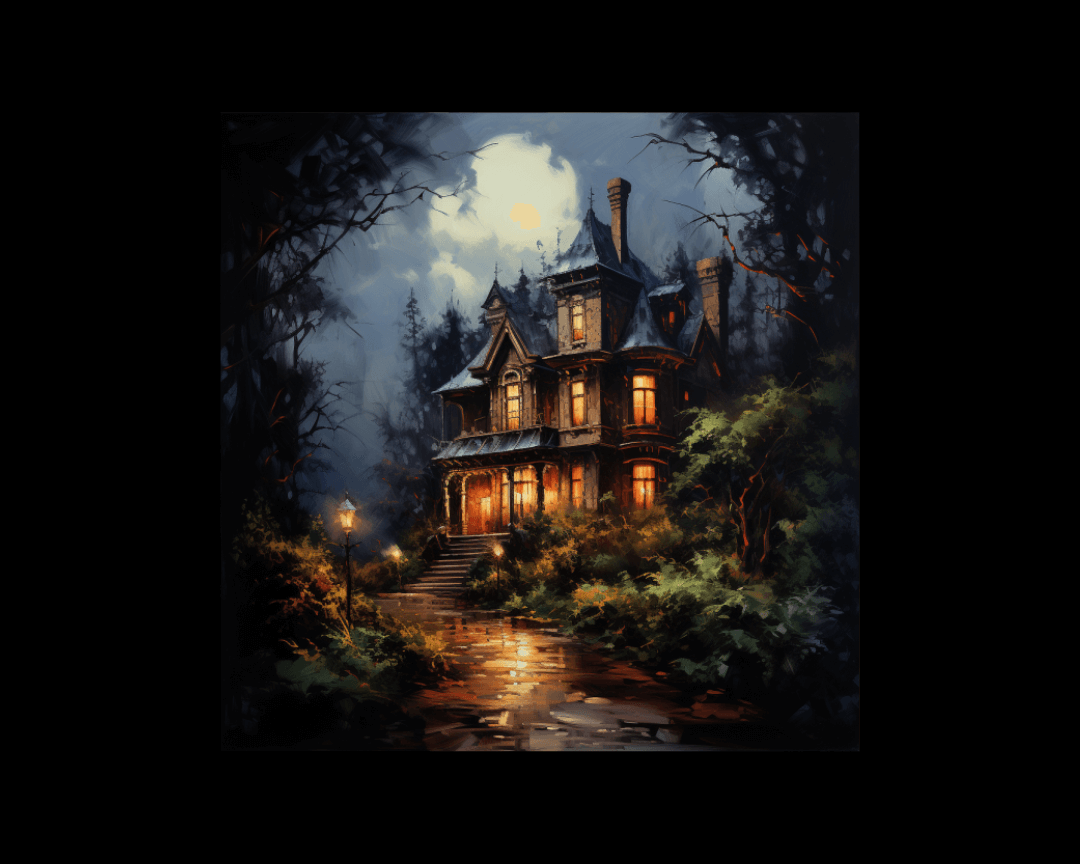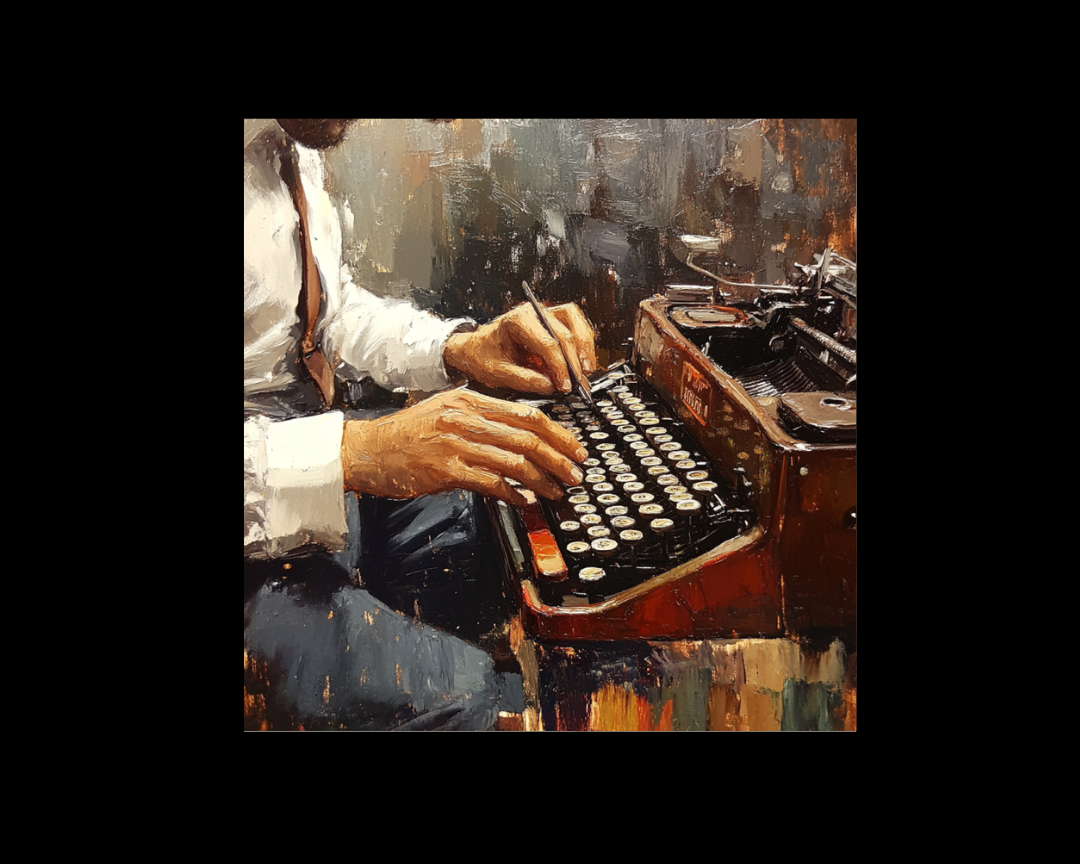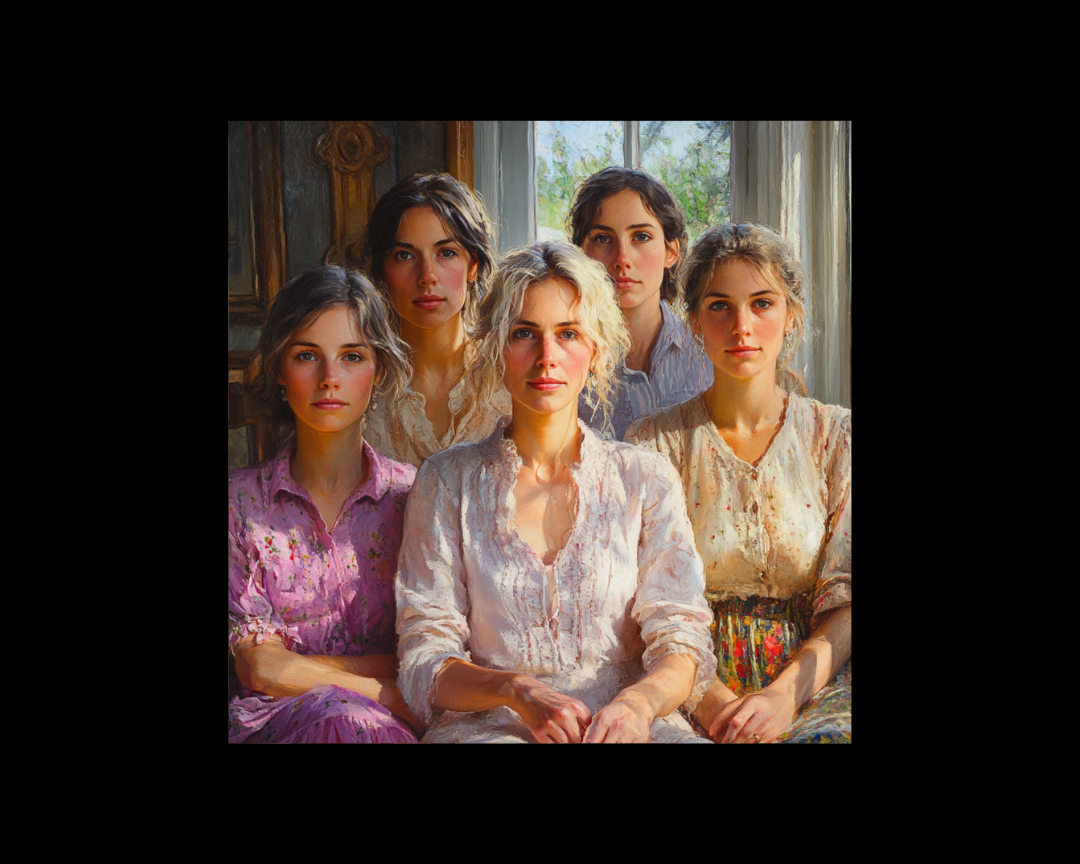Great Novellas and How to Write Them
The novella occupies literature's sweet spot—long enough to develop complex themes yet short enough to sustain perfect tension throughout. Ian McEwan...

Determining the ideal word count for your novel is a crucial aspect of writing. While your plot, characters, and premise are vital, the question of length often gets overlooked.
Though some writers advocate that a novel should be as long as necessary, the reality is a bit more nuanced. Word count depends on the genre, and there's no one-size-fits-all answer.
So, you turn to Google: "How many words in a novel?" "What's the perfect word count?"
In this article, we'll explore the significance of word counts, genre-specific guidelines, and effective ways to edit your manuscript to fit these recommendations.
Yes, word counts are important. Readers have expectations based on their experience with a genre. Deviating significantly from the expected word count might raise eyebrows or skepticism.
Moreover, shorter novels are usually easier to sell. Longer books can be intimidating for readers due to the time commitment they require. Consequently, publishers consider word counts when evaluating manuscripts.
Longer books also come with higher production costs, making them less financially appealing to publishers. Additionally, they might signal potential issues with pacing, plot, or editing.
Let's dive into the guidelines for different genres:
0–500 words Designed for babies, young children, or pre-readers, picture books feature colorful illustrations and brief text that complements the images. Rhyming texts are common but challenging to translate.
30,000–50,000 words Targeting readers aged 8–12, middle grade novels bridge the gap between reading with adults and independent reading. They're more advanced than chapter books, which are for children aged 5–10.
50,000–90,000 words Written for readers aged 12–18, YA novels cover diverse protagonists facing changes and challenges. Fantasy YA might have more words due to world-building.
50,000–90,000 words A crossover between YA and adult fiction, NA appeals to a broad audience. Themes include early adulthood experiences and exploration of identity, gender, and sexuality.
70,000–90,000 words Set in the modern world, these novels target a mass audience and focus on relatable themes. Common and versatile, their word count is fairly standard.
50,000–100,000 words Character-focused and thematically driven, literary fiction delves into the human condition. Word counts can vary, but 50,000–100,000 is typical. Longer novels must justify their length.
50,000–90,000 words Ranging from contemporary to historical, romance novels explore romantic relationships. Harlequin/Mills and Boon have specific word counts. Longer word counts are less common.
80,000–120,000 words Covering scientific ideas and advanced technology, sci-fi can span various sub-genres. Word count depends on commercial vs. literary focus and world-building complexity.
80,000–150,000 words Fantasy novels require extensive world-building. While debuts shouldn't max out the scale, the ideal is around 120,000 words for better publishing prospects.
70,000–100,000 words Set in worlds similar yet different from ours, these stories often involve key plot details. Being grounded in a familiar world keeps the word count manageable.
70,000–90,000 words This genre involves pursuit and escape, often aligned with contemporary fiction. Stay around 70,000–90,000 words for optimal pacing and tension.
60,000–80,000 words Mystery novels focus on questions and revelations. Balance character development with pace, keeping the word count between 60,000 and 80,000 words.
70,000–100,000 words These eerie stories emphasize tension and limited casts. Vastly fantastical novels can go beyond 100,000 words.
75,000–100,000 words Grounded in historical backgrounds, these novels offer rich detail. However, prioritize plot and pace. Aim for under 100,000 words.
60,000–90,000 words Memoirs focus on personal experiences and themes. Ensure immersive storytelling and emotional resonance, keeping length proportional to the story.
If your novel seems too long, consider these editing steps:
Remember, while these guidelines offer direction, quality storytelling is paramount. Work within the genre's expectations while maintaining an engaging narrative.

The novella occupies literature's sweet spot—long enough to develop complex themes yet short enough to sustain perfect tension throughout. Ian McEwan...

The term women’s fiction is frequently used within publishing circles, but its definition remains elusive. While readers and booksellers increasingly...

Storytelling is a universal art that has captivated audiences across cultures and generations for centuries.